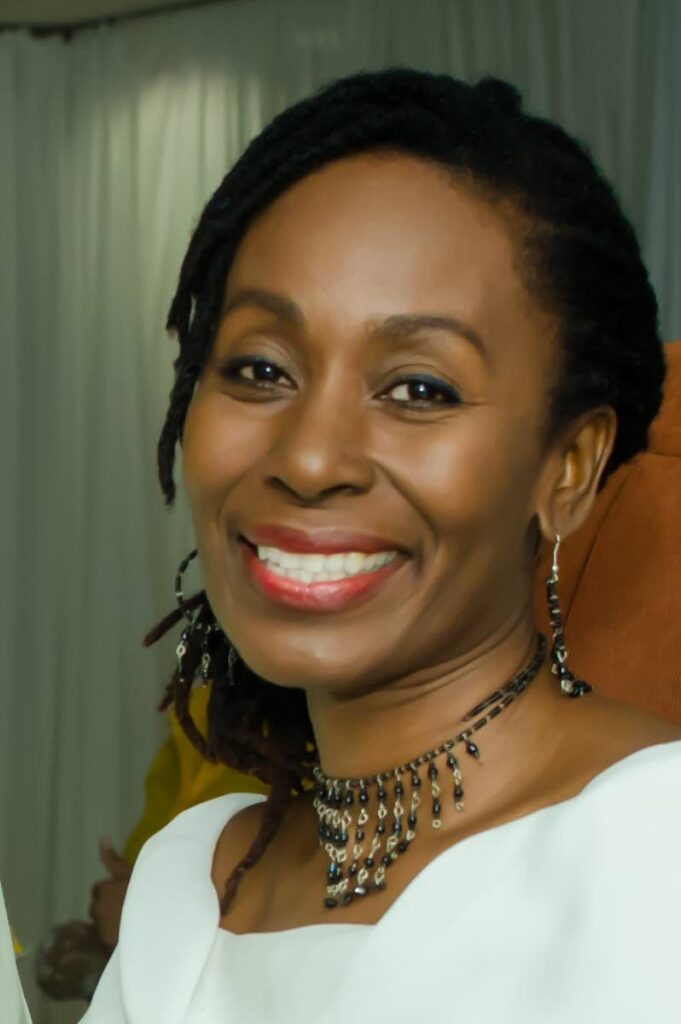Sex on the stage

Dara E Healy
Jean: “What make you feel that you better than the rest of us? After all these years, insisting that you never make a fares yet. Everybody does laugh at you with that sh-t Dinah. Everybody know that between you, Winnie, Alice Sugar, Isahoe too and even Big Six, allyuh probably make the most money outta all ah we from the Yankees and dem…but everybody know that yuh lie down, flat and make it. Stand up too, ah know that fuh sure!”
– from Jean and Dinah by Tony Hall
I ALWAYS feel so proud of my long-time pal Richard Ragoobarsingh whenever I see mention of Mary Could Dance. His critically acclaimed play takes a sensitive and non-judgemental stance in telling the story of a young girl from Siparia who learns hard lessons about survival in the city.
I think one of the reasons Richard’s play is so enduring is the fact that, beyond the eroticism, the work explores stories of real people in situations to which many of us can relate. Why is there not more of this on our theatre stages?
It is clear that audiences are interested in serious explorations of sexually charged topics. After 20 years of performing in Mary Could Dance, Penelope Spencer and Cecilia Salazar, two of the principal actors, admitted in an interview that they were only going back on stage to honour the memory of Raymond Choo Kong.
Twenty-five years later, the excitement about the play is a testament to the solid nature of the writing. But it is also a sign that there is much that our society still needs to discuss about sex.
The topic makes us uncomfortable, largely because we consistently refuse to treat with it in a meaningful way in our schools. So, we continue to harbour colonial, Victorian attitudes about what should and should not be. This lack of open discourse has led to confusing ideas about intimacy and love.
Over the decades, playwrights from TT and the Caribbean have sought to decolonise our approach to intimate relationships and how we view the human body. Intimacy is explored within specific social contexts, as a means of bringing a non-Western world view to the conversation.
In the 1950s, Errol John’s Moon on a Rainbow Shawl contained titillating scenes between main characters Ephraim and Rosa. Set against a backdrop of urban poverty, their relationship explored expectations, gender roles and a longing for dreams to come true.
In Shades of I-She by Eintou Springer, the portrayal of sexual relationships flows from the pain of incest and domestic violence to questions about personhood and eventually, self-discovery.
In Jean and Dinah, Tony Hall also explores the difficult subjects of generational abuse, prostitution and raising children in these environments. These complicated topics are worked out through the lens of friendship between women and struggling to find meaning in life.
If we were to delve into our history, we would discover that our ancestors recognised the power of sex as a form of resistance to oppressive rule. The Jamette Carnival of the 1860s epitomised this type of cultural rebellion. In over-crowded and unsanitary barrack yards in Port of Spain, former enslaved, newly arrived immigrants and indentured labourers created various masquerades.
In the Carnival theatre of the streets, they used humour and satire to ridicule and belittle the elite who paid minimal wages and ignored their depressed living conditions.
Sex was an important part of their protest mas. Hollis Liverpool gives the example of women dancing in the streets, who would throw their skirts over their arms as “a way of sexually taunting Frenchmen, who once had their bodies to use as they wished, but who could now only imagine the pleasure they could no longer claim.”
There were numerous other sexually explicit masquerades that were intended to offend the upper classes and reclaim power for the ordinary people.
In the interview, Cecilia Salazar pointed out that Mary Could Dance is a story about love. It is a similar theme in all the plays I mentioned. Beneath the humour, fights and badjohn behaviour is always sadness.
Sex on the stage, whether in a theatre or in the streets, is never just about an intimate act. It is about finding a real connection with someone. It is about love.
Until we provide avenues to properly explore these issues, Mary must continue to dance.
Dara E Healy is a performing artist and founder of the Idakeda Group, a cultural organisation dedicated to empowering communities through the arts

Comments
"Sex on the stage"